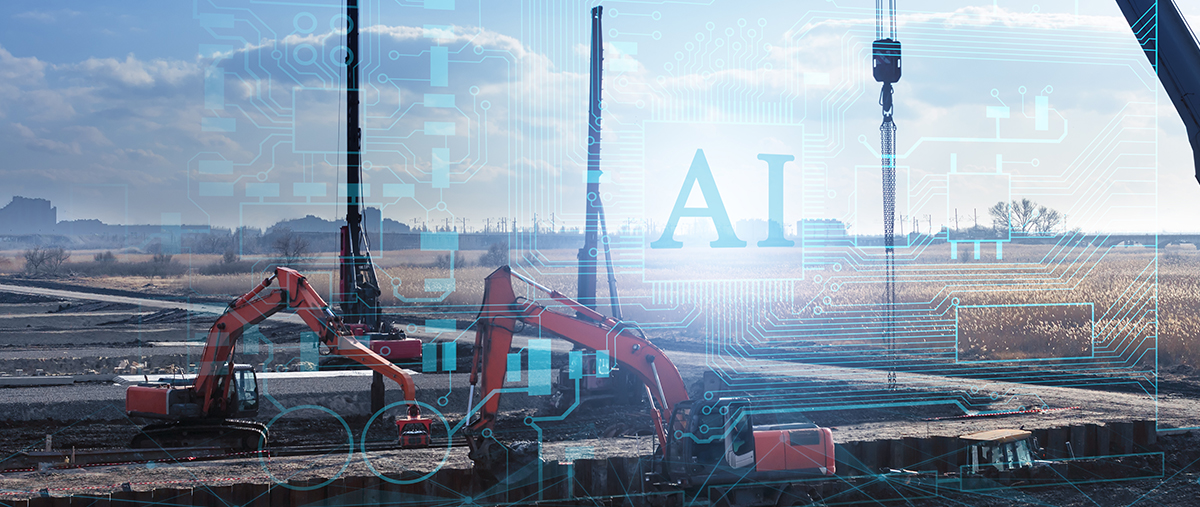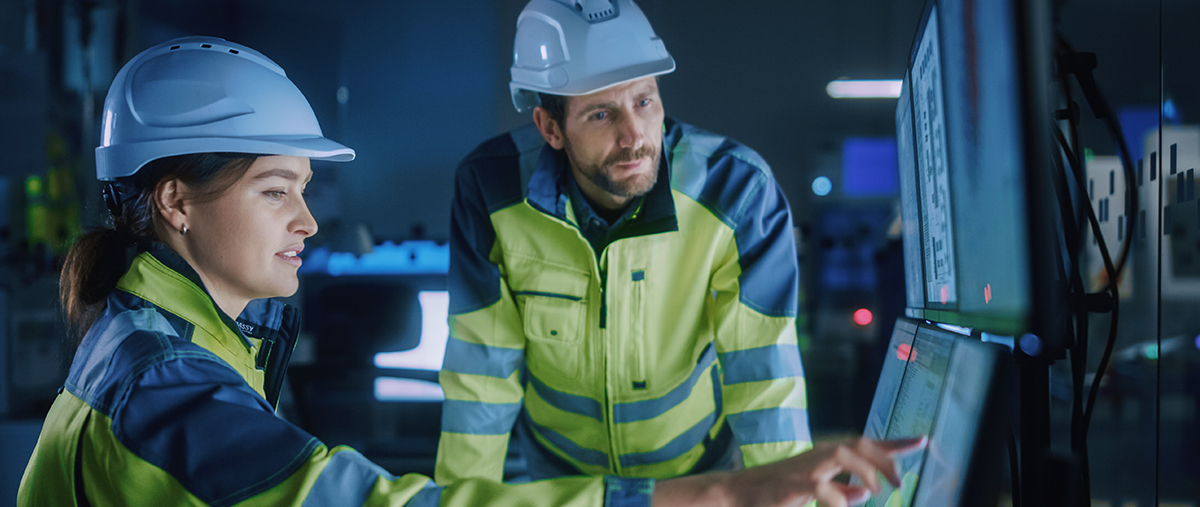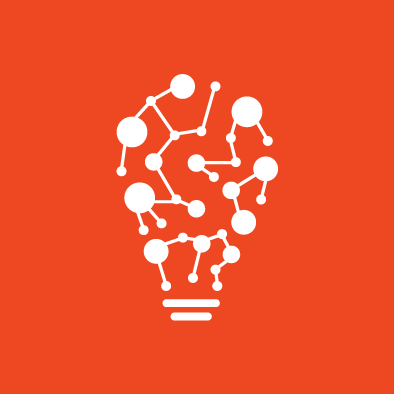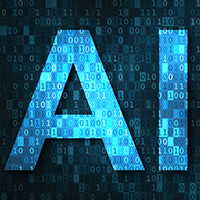
Artificial Intelligence is making huge waves in nearly every industry. Construction is emerging as one of the top industries that is already benefiting from the AI revolution. The technology helps cope with many challenges of the construction sector by automating tasks and activities, which are essential for daily business operations.
Embracing Artificial Intelligence in the construction industry promises significant benefits for companies due to its contributions to productivity increase and cost savings. The adoption of Artificial Intelligence in the construction market is growing, and according to a report by Market Research Future, by 2030, the market will be worth $2512.8 million, with a compound annual growth rate of 33.2 percent.
How is AI Benefiting the Construction Industry?
AI is already making a noticeable impact on the construction sector. From helping design and plan projects to managing operations and making worksites safer, AI can benefit construction projects throughout their whole lifecycle. With a new level of automation and optimization of key workflows, AI is already proving its value in this sector.
Let’s look into the main benefits AI brings to the construction industry:
Enhance Worksite Safety
The use of AI and machine learning helps reduce the risk of accidents on construction sites. With the ability to quickly receive and analyze large amounts of data in real time, AI systems can forecast any safety, quality, and productivity issues. Not only can AI identify unsafe actions or possible hazards on site, it can also predict machine breakdowns using sensor data and determine corrective actions to take. This reduces the probability of accidents and improves the safety of workers on construction sites.
Facilitate Planning
More construction companies are integrating AI to help with different aspects of project planning. According to a report by Mordor Intelligence, over 35% of construction professionals spend their time on non-productive activities, including dealing with project planning and design difficulties, paper-based communication, rework, and other stuff. Such scenarios increase the demand for AI automation solutions that facilitate the construction project planning process by analyzing and learning from past data to make better decisions for the future.
Improve Project Designing Process
AI can go through massive amounts of data, explore different models generated by various teams and work out the best design alternatives. The AI-powered generative design creates 3D models of construction projects according to the set requirements, defines the recommended steps for each team to take, and provides insights for architects, engineers, contractors, designers to manage all the stages more efficiently.
Improve Project Designing Process
AI can go through massive amounts of data, explore different models generated by various teams and work out the best design alternatives. The AI-powered generative design creates 3D models of construction projects according to the set requirements, defines the recommended steps for each team to take, and provides insights for architects, engineers, contractors, designers to manage all the stages more efficiently.
Help With Risk Management
Large construction projects are exposed to various risks associated with quality, safety, timeframes, human error, miscalculation, etc., that require a well-defined management plan. Bringing automation with the help of AI reduces hours of manual work, leaving construction professionals with more time to concentrate on more strategic tasks. As a result, many construction companies embrace AI and machine learning technologies to optimize decision-making and get predictive insights into all critical areas of construction project management to minimize risks on all of these fronts.
Prevent Budget Overruns
Construction projects tend to go over budget frequently due to design flaws, inaccurate forecasts, unforeseen events, increased scope, and other reasons. As a survey by IDC shows, 75% of construction project owners were over the estimated budgets, while 77% were late. AI-based predictive models help anticipate cost overruns based on contract type, project size, and expertise of project managers and envision realistic timelines for upcoming projects. By using AI, companies can also generate reports for past projects, determine the source of the overruns and make more accurate budget forecasts for future projects.
Top Use Cases of AI in Construction Industry

AI is coming into the mainstream to help companies in the construction industry overcome various challenges related to scheduling, project management and delivery, safety, and more. The following use cases give some insights into how AI can help construction firms operate more efficiently and cost-effectively.
-
Increasing Worksite Safety
Construction is among the most dangerous fields to work in, with more worker deaths than in any other sphere, as reported by the Occupational Safety and Health Administration (OSHA). Construction jobs come with many risks of injuries caused by falling objects, working at height, slips, being struck in-between objects, etc. These facts show that additional safety measures need to be implemented to help prevent and reduce the occurrence of construction site accidents.
Artificial Intelligence can analyze data from past accidents to identify what went wrong and combine it with real-time data to predict possible hazards, delays, or malfunctions that might occur. With the integration of helmet detection API technology, it’s possible to scan photos from job sites for safety risks, such as workers missing protective equipment and helmets. This way, AI helps predict the factors that may cause security concerns, prevent unsafe behavior and make the work site for construction workers safer.
-
Construction Scheduling
With many construction projects going late and over budget, AI in construction scheduling offers innovative tools that can assist in the scheduling process. By processing massive amounts of parameters involved in a project and analyzing worksite progress in real time, AI generates resource-loaded schedules and suggests possible durations, sequences, and work costs to ensure on-time and on-budget project delivery.
AI-based solutions can dramatically simplify the scheduling process by determining the best schedules for large-scale projects. Luckily, there are AI-powered tools to streamline the process. For example, ALICE is a platform that uses Artificial Intelligence to enhance construction planning. The tool enables the contractors and construction owners to create project schedules that reduce costs by 11% and build time by 17%, as stated by the company. ALICE is an all-in-one solution to help optimize key project resources and generate detailed schedules for better results.
-
Construction Management
AI can support the construction management process in many ways. AI-based solutions can analyze previous projects, verify the blueprints for the design and phases of project execution. As a result, AI in construction management can significantly improve the planning, task management, and development of construction sequences and provide valuable insights for construction owners to make better data-driven decisions.
Artificial Intelligence can also assist in building the project’s methodology. With the potential to compare the digital twin of the facility with its actual representation, AI can easily detect possible inconsistencies, changes, and delays within the construction process. Also, AI automatically identifies the errors from the original plan so that corrective measures are taken at an early stage. Based on such deviations, amendments and delays, AI could therefore make corresponding changes in the construction schedule. As a result, stakeholders, suppliers, and manufacturers would also be informed to modify their schedules to the updated timetables.
-
Automating Site Activity Monitoring
Another benefit of using Artificial Intelligence in the construction industry is the automation of site activity monitoring. For example, AI can simplify the utilization of tools. With the help of image recognition software, construction workers can request a certain tool by typing into their smartphone, while AI scans the images from cameras and indicates the location of the closest tool. The use of AI, therefore, increases labor productivity by reducing the amount of time wasted on searching for tools and equipment.
The application of computer vision with camera integration also improves the safety of running construction equipment and machinery. Cameras capture and track everything that happens on job sites. Based on the inputs received by image recordings, AI systems can send alerts to warn about machinery malfunctions, potential collisions with people or objects and stop the machine before an accident occurs. Activity monitoring automation with AI provides visibility into key quality problems and areas of high risk and can help mitigate safety hazards on the site. Boston Dynamics’ AI-equipped Spot robot is a great example of site monitoring activity automation that tracks site progress in real time and generates valuable insights into pain points and potential risks.
What’s the Future of AI in Construction?
The global market of AI in construction is rising, and it’s exciting to see the incredible results AI has delivered so far in this industry. Forward-looking companies are investing in AI to save both time and money, mitigate risks, reduce human error and boost construction performance and efficiency. The role of Artificial Intelligence in construction will be growing with the potential to enable many more innovations that will ramp up the development of the industry.
By Siranush Andriasyan

SmartClick is a full-service software provider delivering artificial intelligence & machine learning solutions for businesses.


